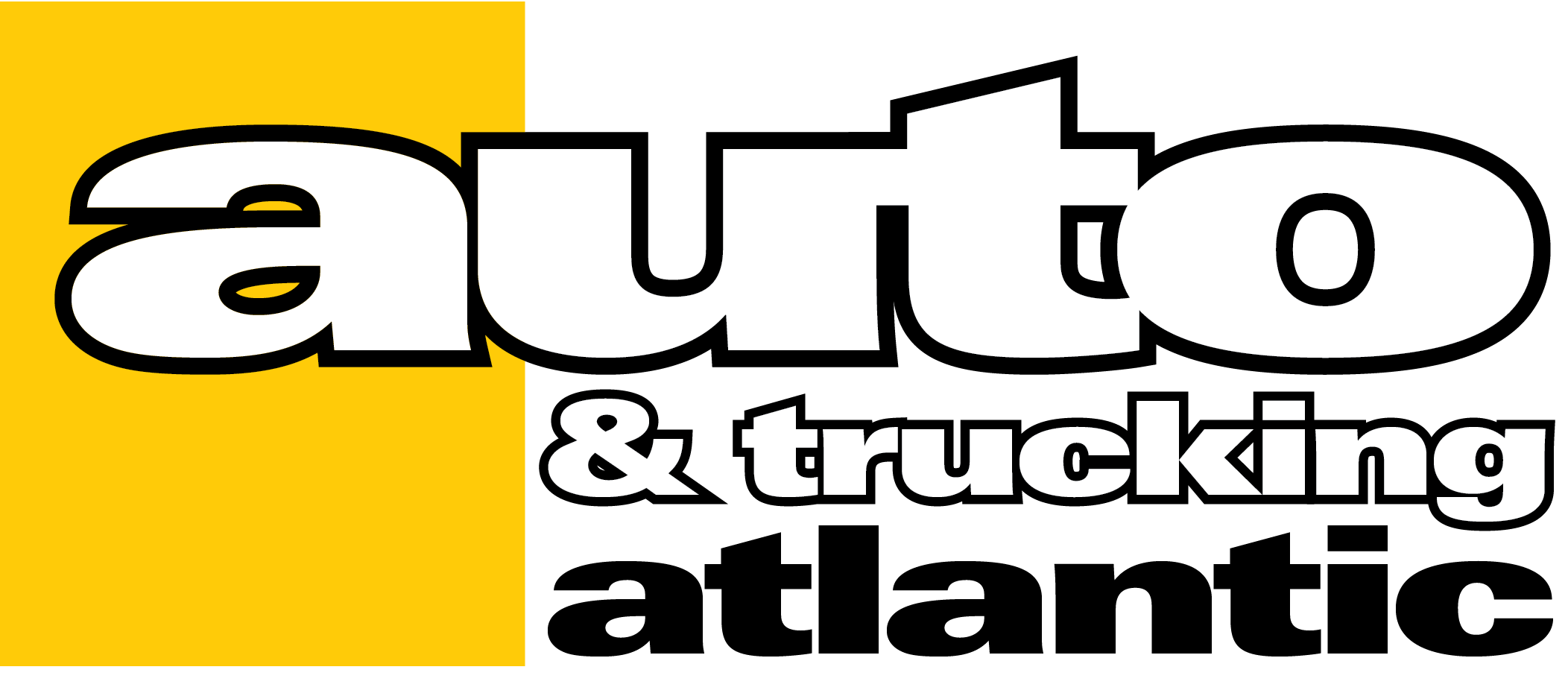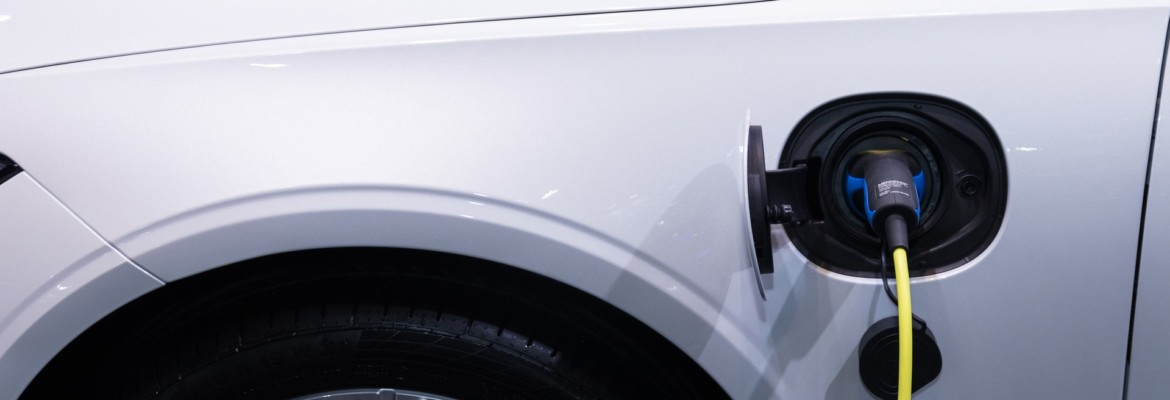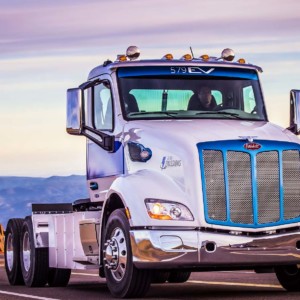FEDS OFFER EV GOOD NEWS
BUDGET PACKED WITH GOOD NEWS FOR ZERO-EMISSION TRANSPORT
By Carter Hammett
Christmas day came early for zero-emission vehicle (ZEV) makers after the Liberals unveiled a whopping $17.6 billion in new spending for the green recovery sector as part of their first federal budget in nearly two years.
Relevant to plug-in hybrids, electric and hydrogen-powered vehicles, a temporary measure reduces corporate income tax for zero-emission technology manufacturers to 7.5 per cent, down from 15 per cent on the general business rate. For small biz, that figure is again cut in half to 4.5 per cent down from 9 per cent. All of this also applies to EV charging systems, hydrogen refuelling, batteries, and some renewable fuels like ethanol and biodiesel, among other perks.
It’s no surprise that Canada’s waste and transportation sectors are responsible for about 30 per cent of all GHGs, with the lion’s share being claimed by light-and heavy-duty vehicles. Landfills meanwhile, are a significant source of methane emissions.
With a commitment of $104.6 million over five years to Environment and Climate Change Canada, monies will be earmarked to strengthen greenhouse gas emissions regulations for the above-mentioned vehicles as well as tackling “off-road residential equipment and establishing methane regulations for large landfills and undertake additional actions to reduce and better use waste at these sites.”
Not to be outdone, $5 billion over seven years will be allocated to the Strategic Innovation Fund’s Net Zero Accelerator. These dollars are to be directed toward stepping up “decarbonization projects with large emitters, scale-up clean technology and accelerate Canada’s industrial transformation across all sectors.” Some of these funds will be directed towards development of clean technology in our national motive industry as well as the building a battery division that will be part of an inclusive battery supply chain.
Another key budgetary component is the $56.1 million that goes to Measurement Canada to “develop and implement….a set of codes and standards for retail ZEV charging and fueling stations.” Volumetric charging advocates suggest that drivers should be charged for the volume of energy drawn from battery chargers rather than the amount of time they’re plugged in. As it stands now, drivers are paying more for slower chargers. The plan is to “provide regulatory certainty to providers of charging services and to facilitate the development of the charging network.”
With all of these innovations—and renewed cooperation with our neighbours to the south—Canada’s expected to be on track to reduce GHGs by as much as 36 per cent in the coming years.
Those are just some of the highlights offered in what amounts to a seriously generous budget that reaffirms the Liberals’ commitment to all things green. And while the document skirts the federal green vehicle rebate amounting to $5K on a wide variety of qualifying vehicles—including EVs, plug-in hybrids and hydrogen fuel cell vehicles—it takes a serious leap towards the future while hoping to land on a foundation significantly cleaner than what we have now.
And that can only be a good thing.


